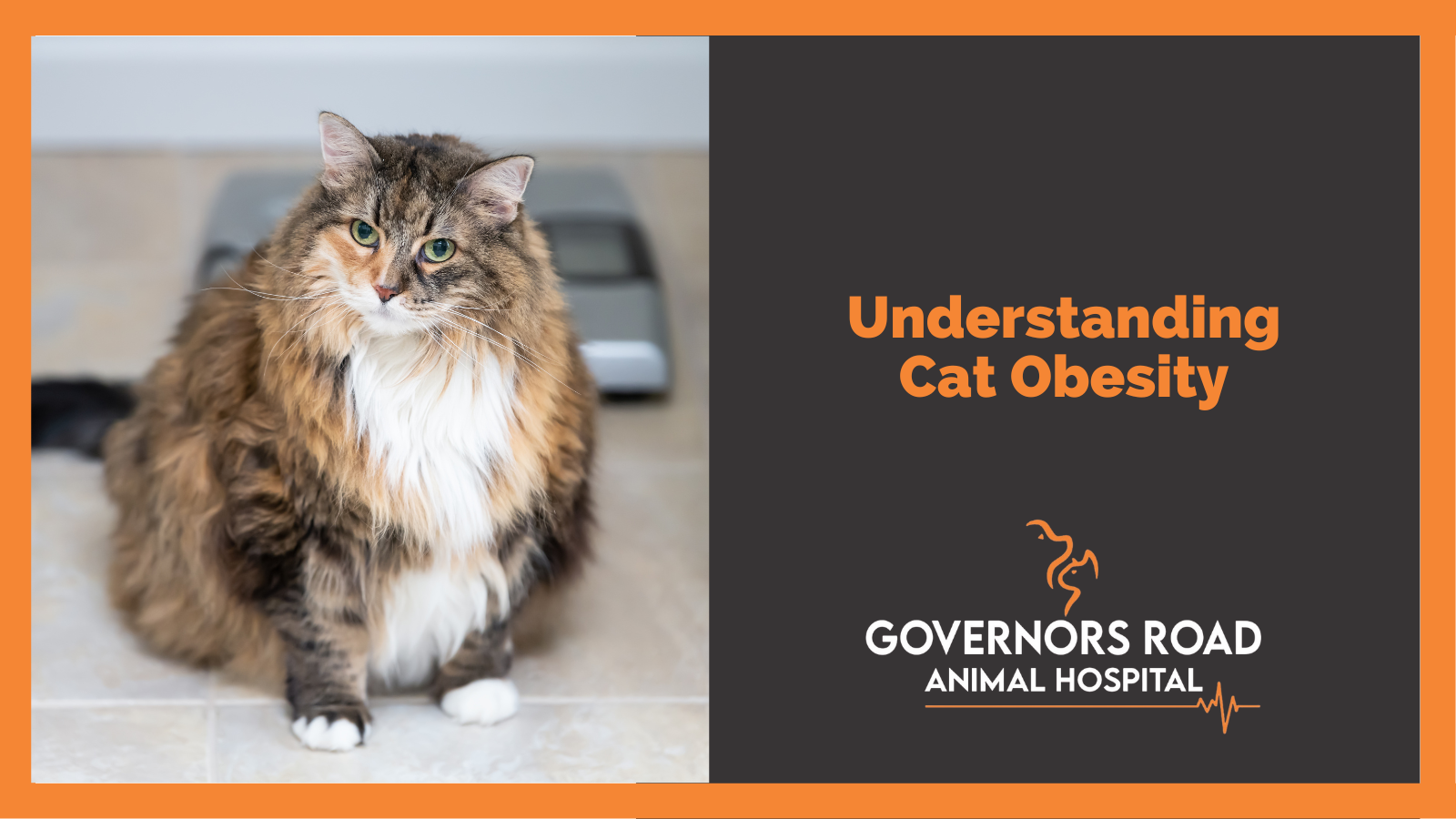
20 Jul Understanding Cat Obesity
As a responsible pet owner, your cat’s health and well-being should be a top priority. Cat obesity is a prevalent and concerning issue that requires attention. Like humans, cats can struggle with excess weight, leading to severe consequences if not addressed promptly. We understand the importance of feline health at Governors Road Animal Hospital, your trusted veterinary clinic in Dundas. This article will delve into the causes, prevention, and treatment of cat obesity.
What is Cat Obesity?
Cat obesity is when a cat accumulates unhealthy body fat, significantly exceeding their ideal weight. It’s more than just a cosmetic concern; it poses severe risks to your feline companion’s overall health and quality of life. Pet owners must be aware that obesity in cats can lead to various health issues, including diabetes, joint problems, heart disease, and a shorter lifespan.
Causes of Cat Obesity
Several factors can contribute to cat obesity, and recognizing these causes can help prevent the onset of this condition. Some common reasons include:
Overfeeding: Providing your cat with excess food, especially high-calorie treats, can lead to weight gain.
Lack of Exercise: Indoor cats, in particular, may not get enough physical activity, leading to a sedentary lifestyle and potential weight gain.
Neutering or Spaying: Altered cats may experience a decreased metabolic rate, making them more prone to gaining weight.
Age: Older cats may be less active and have reduced energy expenditure, making them susceptible to obesity.
Medical Conditions: Certain medical conditions, such as hypothyroidism, can lead to weight gain in cats.
Prevention and Treatment of Cat Obesity
Preventing cat obesity ensures your feline companion’s long-term health and happiness. Additionally, if your cat is already overweight or obese, taking appropriate treatment measures can help them shed those extra pounds and improve their well-being. Here are some combined prevention and treatment approaches:
Portion Control: Follow the feeding guidelines recommended by your veterinarian to prevent overfeeding and maintain an appropriate portion size.
Balanced Diet: Provide your cat with a nutritionally balanced diet that meets their specific dietary needs, and avoid giving too many high-calorie treats.
Exercise Routine: Engage your cat in regular play sessions to encourage physical activity and mental stimulation. Interactive toys can be beneficial in keeping your cat active.
Regular Veterinary Check-ups: Schedule regular check-ups at a veterinary clinic in Dundas, like Governors Road Animal Hospital, to monitor your cat’s weight and overall health. Early detection of weight gain allows for timely intervention.
Behavioural Changes: Identify and address any underlying behavioural issues contributing to overeating or inactivity.
Monitoring Progress: Regular weigh-ins and check-ups will allow the veterinarian to track your cat’s progress and make any necessary adjustments to the weight loss plan.
Medication: In some cases, medication may be prescribed to support weight loss, but this is typically combined with dietary and lifestyle changes.
Consequences of Cat Obesity
Ignoring the issue of cat obesity can lead to severe consequences that impact your pet’s health and longevity. Some potential effects of obesity in cats include:
Diabetes: Obese cats are at a higher risk of developing diabetes, which requires lifelong management.
Joint Problems: The additional weight can strain your cat’s joints, leading to arthritis and decreased mobility.
Heart Disease: Obesity can strain the heart, leading to heart disease and potential heart failure.
Lowered Immune System: An overweight cat may have a weakened immune system, making them more susceptible to infections and illnesses.
Shortened Lifespan: Obesity can significantly reduce a cat’s lifespan, depriving them of precious years with their loving family.
Contact a Veterinary Clinic in Dundas
Understanding the impact of cat obesity is crucial for every pet owner. You can help your beloved cat maintain a healthy weight and lead a happier life by practicing prevention through proper diet, exercise, and regular veterinary care. If your cat is already overweight, seeking professional treatment from a veterinary clinic in Dundas, such as Governors Road Animal Hospital, can help them shed those extra pounds and improve their overall well-being. Remember, a fit and healthy cat is a happy cat!



Sorry, the comment form is closed at this time.